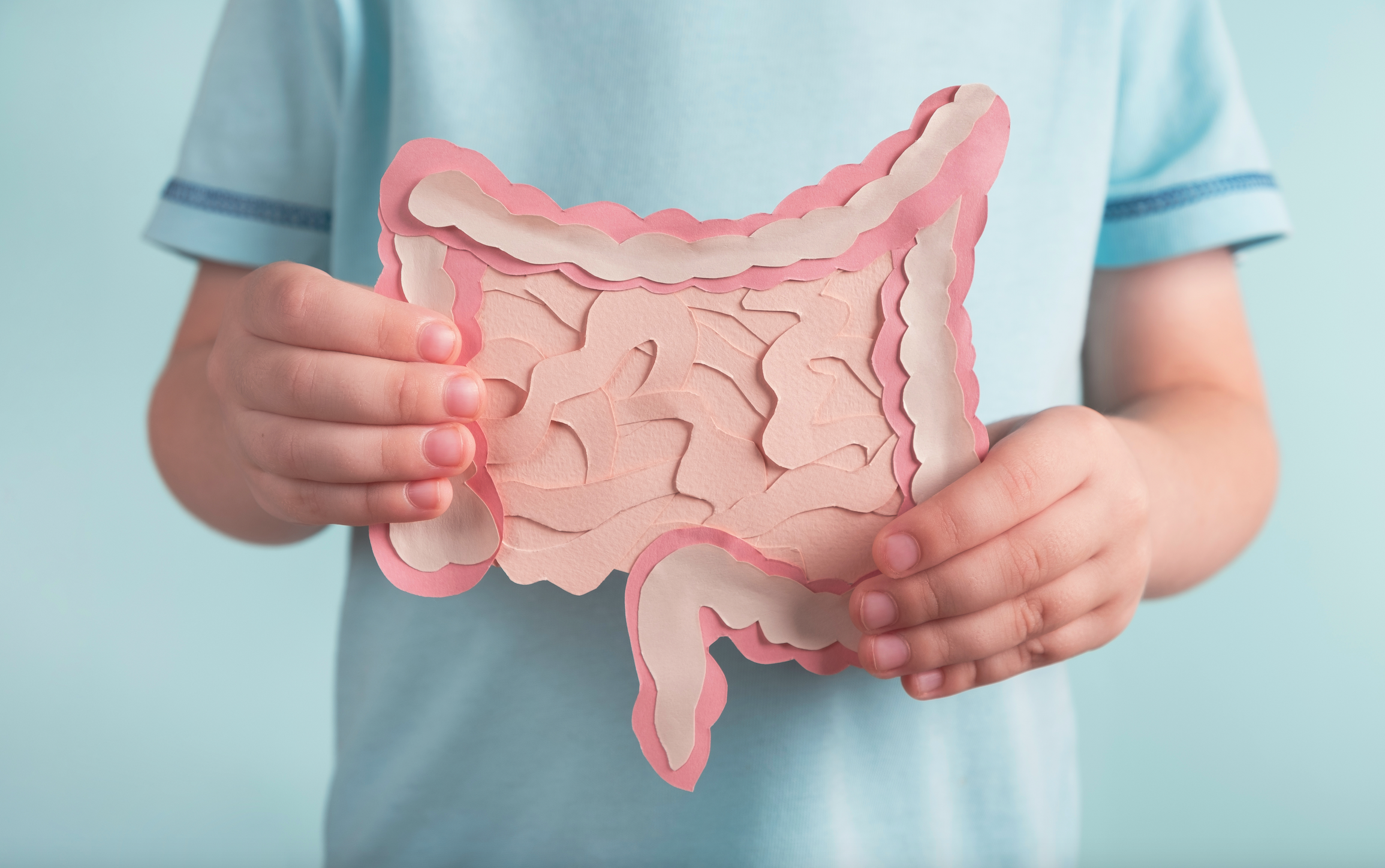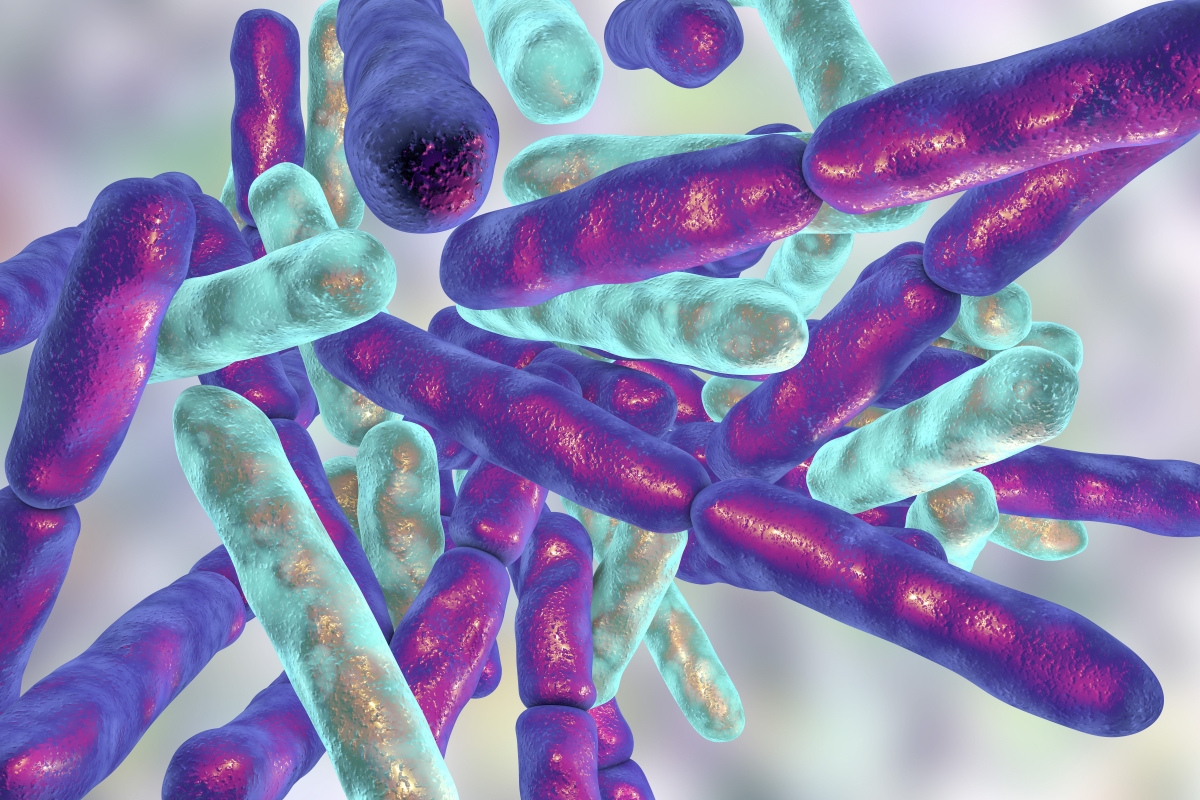Gut microbiota regulates stress responsivity via the circadian system

The hypothalamic-pituitary-adrenal (HPA) axis, which supports responses to outside stimuli, connects the circadian and stress response systems. It is yet unknown, though, how these signals are coordinated. According to this study by Tofani et al. (2024), the HPA axis rhythmicity is regulated by the gut flora. When microbes are depleted, it disrupts the brain’s transcriptome and metabolome in stress-related pathways within the hippocampus and amygdala throughout the day. This is associated with the misregulation of the brain’s circadian pacemaker, leading to irregular glucocorticoid rhythms. The over-activation of the HPA axis during the sleep/wake transition causes specific impairments in the stress response and stress-related behaviors. Microbiota transplantation further confirmed that daily fluctuations in gut microbes contribute to altered glucocorticoid secretion, with Lactobacillus reuteri being a potential strain responsible for these effects. These findings provide strong evidence that the microbiota plays a crucial role in regulating stress responses in a circadian manner and is essential for adaptive stress responses throughout the day. [NPID: Stress response, circadian systems, HPA axis, gut microbiota, microbial depletion, hippocampus, amygdala, glucocorticoid rhythms, L. reuteri, stress-sensitive behaviors]
Year: 2024
 Navigation
Navigation








